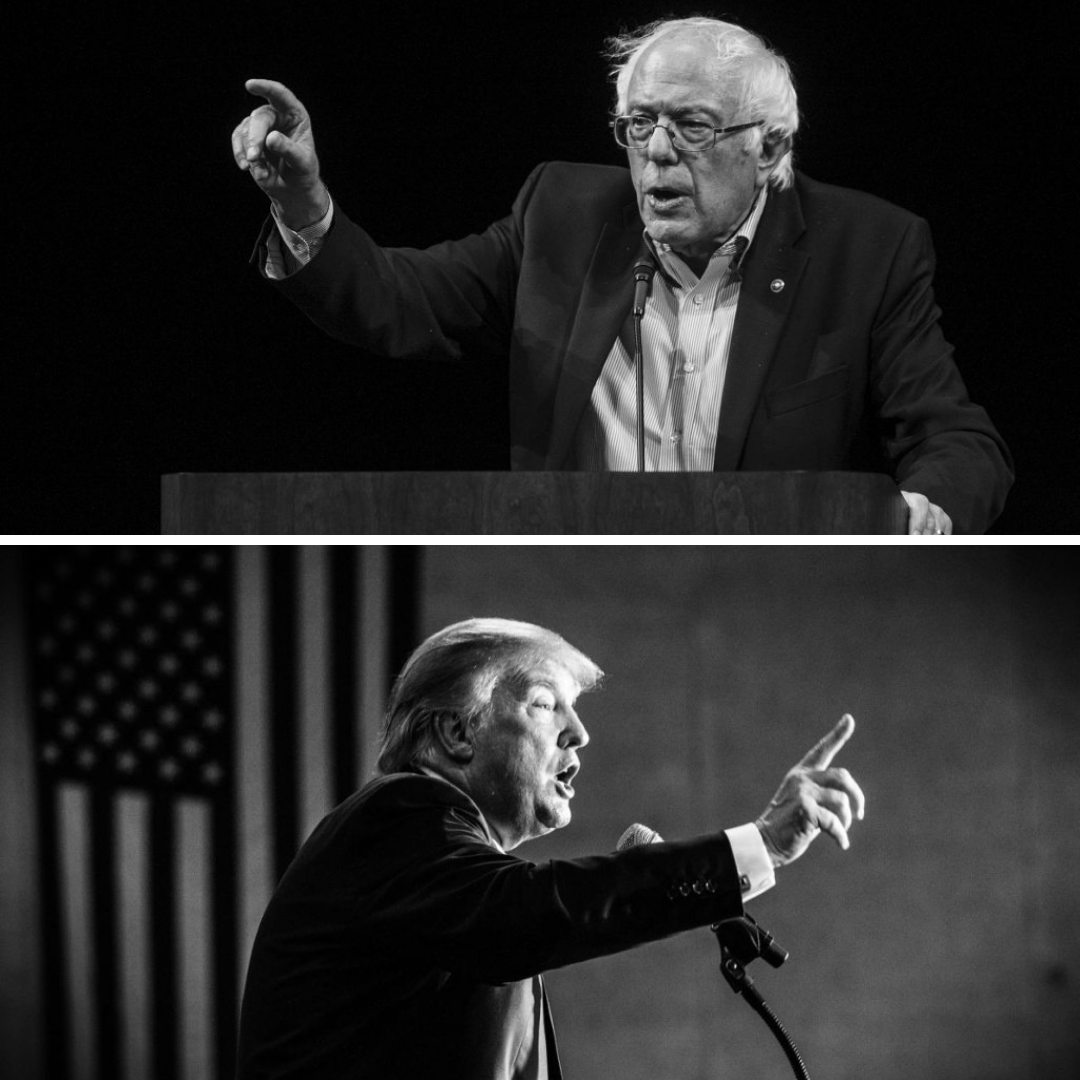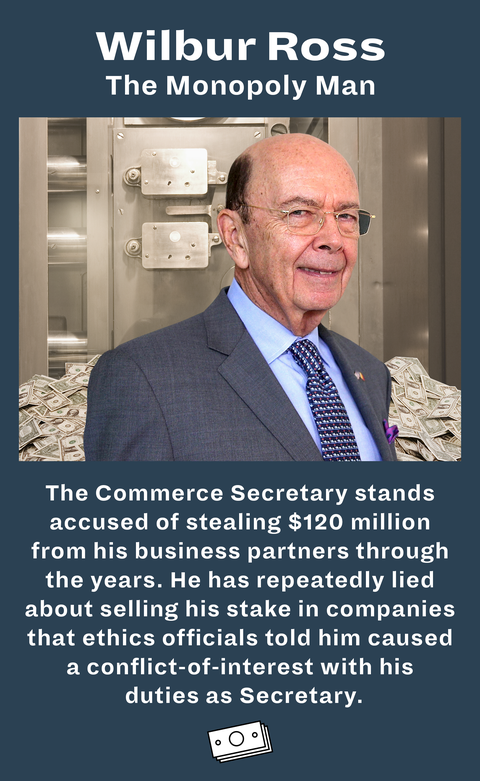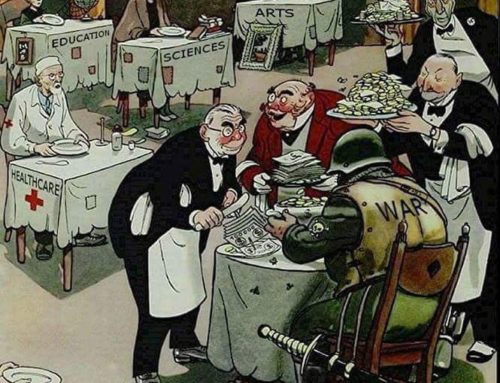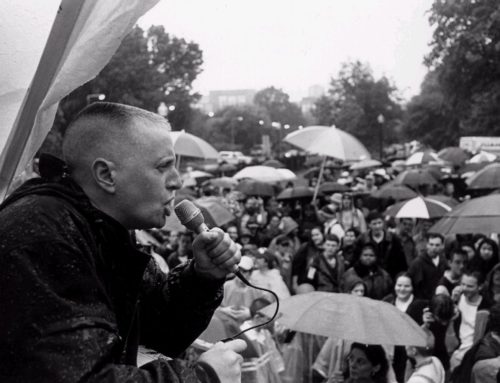We’re watching racists and xenophobes march in record numbers. We’re watching our planet get sold out for corporate gain. We’re watching our rights disappear. We tell ourselves the solution is to #votethemout, vote with our dollar, “make our voices heard” on social media or in the streets, and punch Nazis. But should we be mere spectators in the making of our history and of our own future? And do we even understand what the problem is?
The first thing we need to understand is that Fascism is a political and ideological form capitalism takes to deal with economic crises – specifically structural, when two methods of accumulation are vying for power and dominance with no unity within the capitalist class over how to advance. Fascism is an effort to correct these crises or at least to give a semblance of repairs. It arises as an autocratic approach to keep the economic engine chugging along for capitalists. They are scrambling to maintain their wealth and domination, and thus need to address conflicts within their own class.
To sell the masses on their own political alternatives to this economic crisis, different fractions of the capitalist class try to rile up a social base. Some of these alternatives seem to fight for “progress” – often using moral arguments for equality and generosity to open new markets. Other alternatives are expressed ideologically through nationalism, racism, xenophobia, transphobia, Islamophobia, sexism, and anti-semitism, making us feel like we’re moving backward in time. But both of these are populist alternatives meant to obscure the enduring class struggle inherent to capitalism and fascism: the antagonism between capital and labor.
This brings us back to the economic crisis underlying fascism. Industry can’t compete with the cost and speed of accumulation from banking, as finance and speculation become the dominant forms of accumulation. At the same time that finance has made capitalists insanely wealthy, it’s a toxic form of capital because it’s not grounded in tangible goods with real value from the production of industry, which struggles to keep the pace. In times of structural crisis, different fractions of the capitalist class will fight for their specific forms of accumulation, but all of them are completely tied up in toxic capital, meaning their offers of reforms and quick fixes hold no viable alternative to capitalism’s crisis. By necessity and class interest, they will continue to put profits over humanity.
Within this class struggle and the consolidation of fascism, a sector of the capitalist class emerges that further exacerbates the economic crisis. Economically, the merging of state and corporate interests and the rolling back of regulations and democratic rights are necessary to keep markets growing and to prevent the people from fighting back. This isn’t “corporatism,” but the formulation of the bureaucratic bourgeoisie, which uses the state and corruption as its method of capital accumulation (another toxic and unproductive form). Thus far in US history, the capitalist class and their structures have worked to prevent the development of this class. At this moment, though, we see this sector of the capitalist class (think Betsy Devos) struggling for its existence and growth.
White supremacist gatherings, hate-fueled mass shootings, and rashes of policy-making to take away our rights need to be resisted, but it’s not enough to punch Nazis if their ideas are still found socially relevant. In constructing our resistance to fascism, we must bring an anti-capitalist and anti-imperialist perspective to our current moment, revealing the bullshit capitalist alternatives we’re being fed. From there, we can fight for new forms of resistance and struggle towards new social alternatives. We can build organizations that create an autonomous alternative to capitalism and imperialism – ones that work to bring a progressive perspective to our struggles with Fascism here in the U.S. while recognizing our own role as beneficiaries of imperialist domination and exploitation all over the globe. Within these organizations, we can collectively understand what Fascism really is and build combative, unified networks to weaken capitalism and imperialism.
Up next in the series: Economic Crisis and Struggle among the Capitalist Class
Meanwhile, get in touch if you’re interested in discussing more and getting organized.
STAND UP. FIGHT BACK. ORGANIZE.
onestruggle.southflorida@gmail.com
onestruggle.fiu@gmail.com
FB – @OneStruggle
IG – @SeedsofUnity
IG – @OneStruggle.FIU
Twitter – @OneStruggleSF




